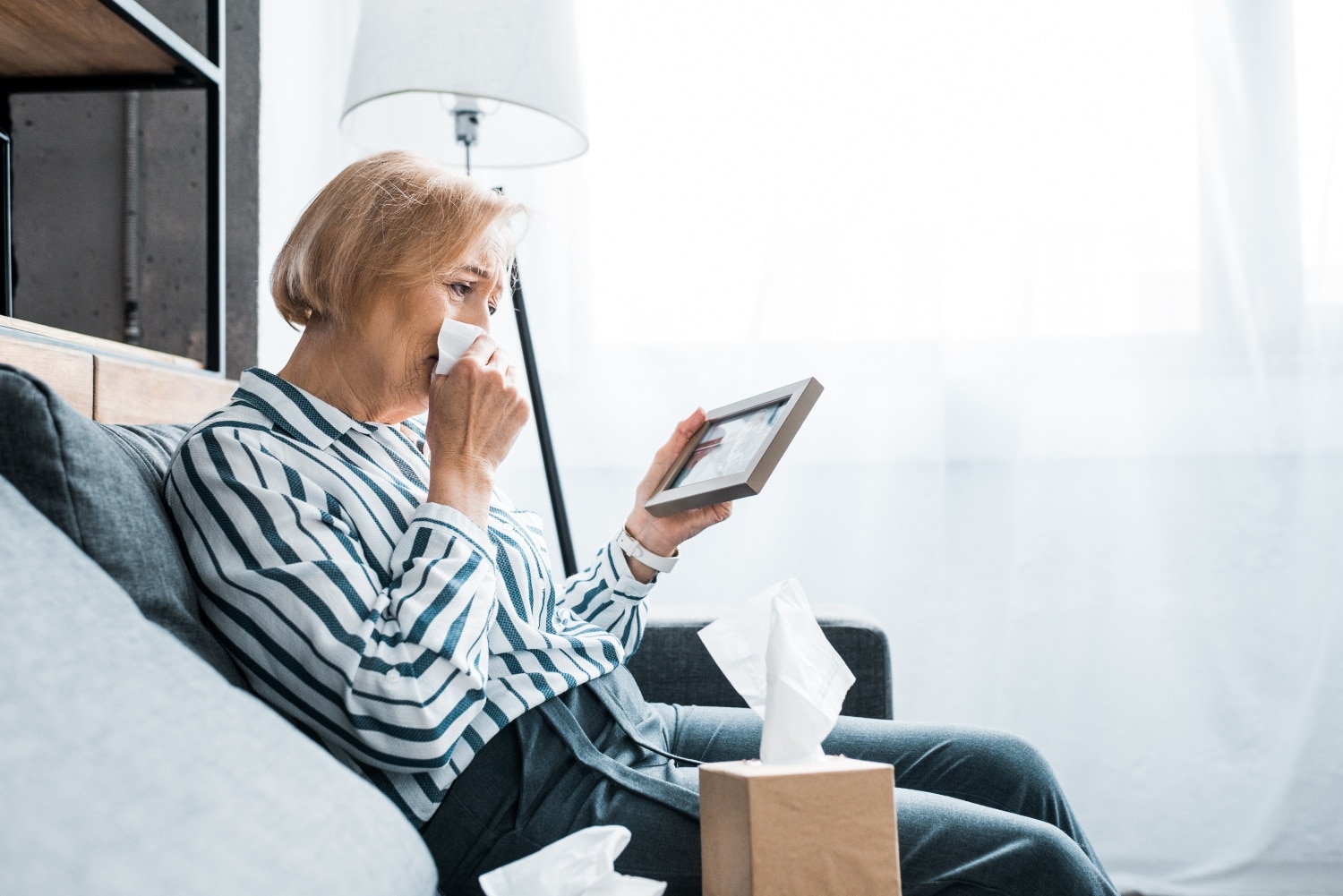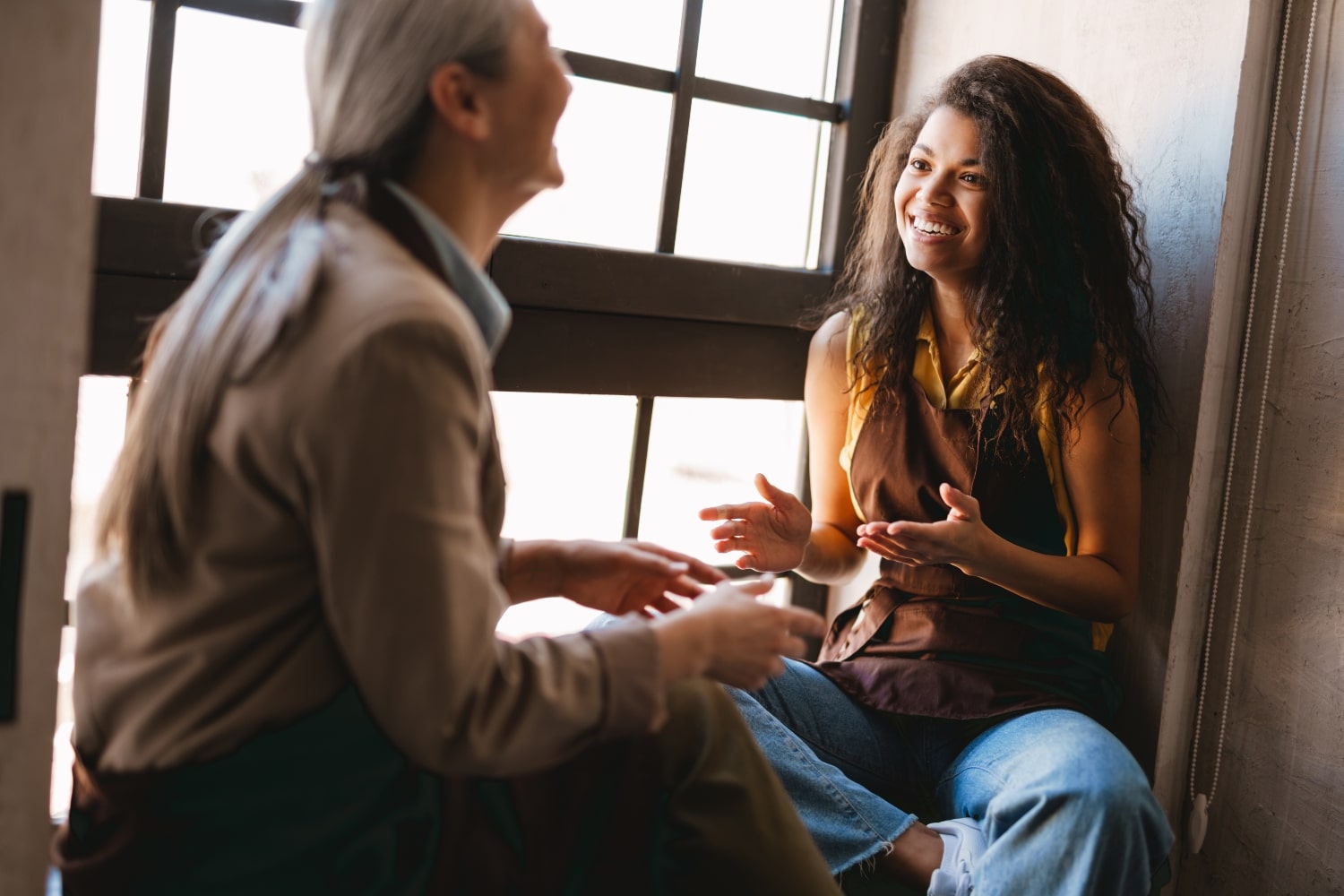Anxiety is a normal human response to stressful situations. However, if you feel anxious all or most of the time, you may have an anxiety disorder. The good news is you can recover from an anxiety disorder with proper anxiety treatment and support.
Let’s look at the symptoms, treatments and best way to manage an anxiety disorder to help you understand the condition better and live your best life.

What is an anxiety disorder?
If you have an anxiety disorder, the feeling of looming danger and feelings of fear and panic never leave you. In other words, your body doesn’t naturally return to a normal state when troubling situations abate. If left untreated, an anxiety disorder can be gravely serious.
It’s perfectly normal to have moments where you feel anxious, sad, scared or worried. In fact, anxiety is nature’s way of keeping you alert to dangerous or difficult situations. Hormones such as adrenaline and cortisol cause the physical symptoms of anxiety and once a threatening situation has disappeared, our bodies should return to normal.
Known as the fight-or-flight response, we’re naturally equipped to react to a threat. Hormones are released that prepare your body to either stay and deal with a threat or run away to safety. It’s an ancient response to danger and is essential to our survival. The scientific term is acute stress response and refers to the physiological reaction to something that is physically, emotionally or mentally terrifying.
We experience normal anxiety in different ways. We either express it physically, like shaking, sweating or a racing heartbeat. Or we internalise it on a mental or emotional level, including troubled or racing thoughts, insomnia, poor concentration or depression.
Mental symptoms of anxiety
- feelings of dread, panic or impending doom
- feeling irritable, tense, nervous or restless
- have a feeling of impending danger, doom or panic
- racing thoughts
- poor concentration
- heightened alertness
- feel like you want to run away or hide from the world
- feel disconnected from your body
- lose interest in the people and activities you used to love
Physical symptoms of anxiety
- rapid heart rate and breathing (hyperventilation)
- pale or flushed skin
- sweat more than usual
- hot flushes or ‘red face’ blushing
- shake or tremble frequently or uncontrollably
- dilated pupils
- dry mouth
- insomnia or poor sleep habits
- loss of appetite or changes in appetite
- hair loss
- extreme tiredness and lack of energy
- stomach ache, joint pain or stiffness
- dizziness and fainting
- get sick more often

Best tips for managing anxiety
If you are living with an anxiety disorder, there are a number of things you can do to manage the symptoms. We know the symptoms of anxiety can be overwhelming and crippling but the good news is that medication doesn’t have to be the only way you can reduce or alleviate the symptoms.
Self-care tips for anxiety disorders
There are many ways to cope with anxiety. These self-care tips form part of anxiety management strategies that the experts recommend. Incorporating these simple tips into your daily routine will help you live a better life.
Change your sleep habits
Enough hours of quality sleep are essential for your physical and mental health. An average of 8 hours a night of good sleep is recommended by doctors and sleep experts.
Try to stick to a good sleep/wake routine, avoid having coffee or alcohol before bedtime and stop using mobile devices at least an hour before falling asleep. Keep your temperature of your room on the cool side and windows open a bit for good ventilation.
Move your body
Exercise offers enormous benefits to help ease anxiety and boost your sense of self-worth and confidence. Three to five 30-minute sessions a week are recommended. Choose exercise you enjoy and look forward to doing.
The best exercise to help manage anxiety includes:
- swimming
- cycling
- running
- brisk walking
- hiking
- tennis
- dancing
- aerobics
- pilates
Breathe deeply
Deep breathing helps to relax your mind and body and sends a message to your brain that you’re okay and it doesn’t need to release stress hormones. Try this simple belly breathing exercise to relax and relieve tension in your body.
- sit or lie flat in a comfortable position
- put one hand on your belly just below your ribs and the other hand on your chest
- take a deep breath in through your nose and let your belly push your hand out – your chest should not move
- breathe out through pursed lips as if you are whistling; feel your hand on your belly go in and use it to push all the air out
- repeat 3 to 10 times slowly until you feel more calm and relaxed
Cut out stimulants
Caffeine, sugar, cigarettes and alcohol create ‘highs and lows’ in your energy and alertness levels. They often make anxiety symptoms like racing heartbeat, insomnia or trembling worse.
Replace artificial stimulants with natural alternatives like herbal tea or completely cut them out, particularly in the few hours before you go to sleep. Cut down on how much alcohol you drink, quit smoking if possible and seek help for drug addiction if you have a problem.
Eat healthy
A healthy diet packed with vitamins and minerals is so important for your physical and mental well-being. Spend time researching foods and drinks that are known to have health-boosting benefits and also help to relieve symptoms of anxiety.
The best foods to eat to help reduce anxiety are:
- brazil nuts
- fatty fish
- eggs
- pumpkin seeds
- dark chocolate
- plain yoghurt
- turmeric
- chamomile tea
- green tea
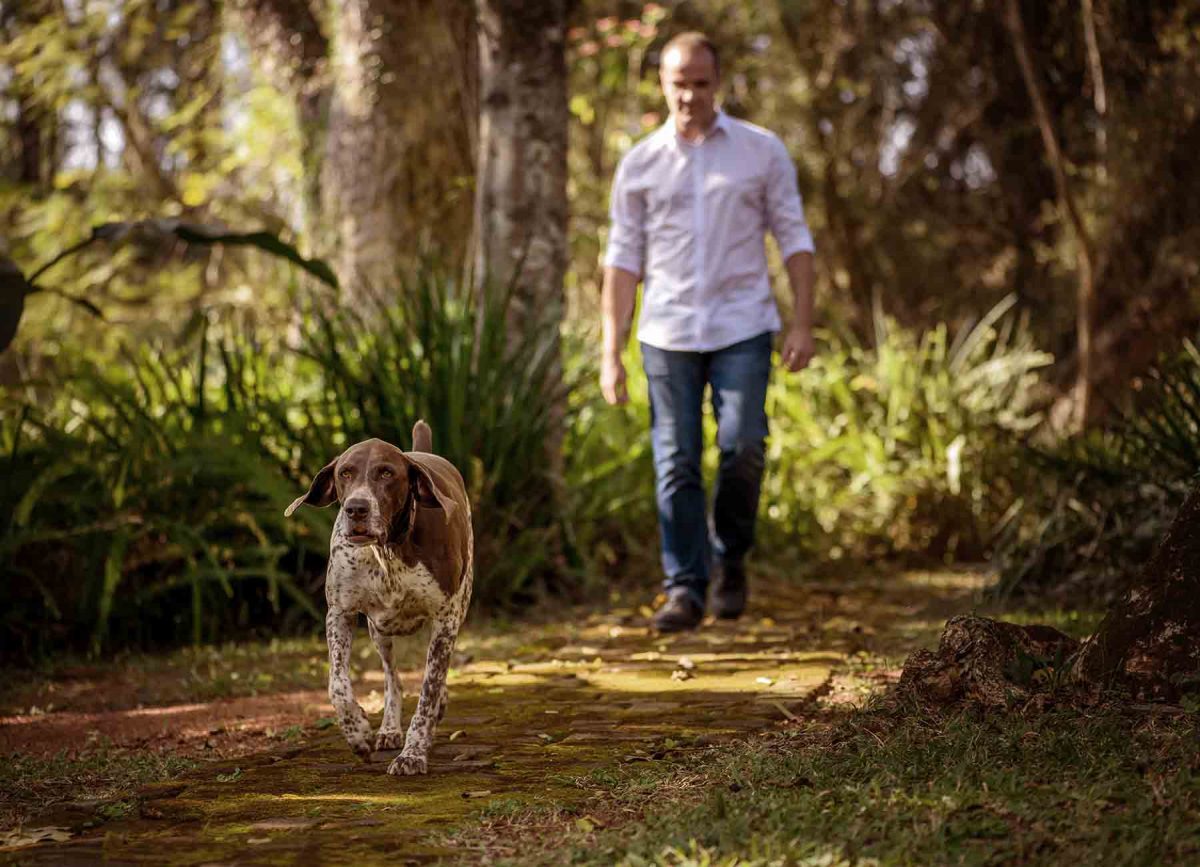
Therapy for anxiety disorders
Therapies that form part of an anxiety management plan provide you with the tools to manage anxiety symptoms and helps you cope with conditions such as panic attacks, obsessive thoughts, excessive worrying or crippling phobias.
Therapy is recommended before resorting to anxiety medication because it helps to treat more than the physical symptoms of anxiety. Education is key to managing anxiety so spend time researching how anxiety therapies work and how they can help you lead a better life.
Cognitive behavioural therapy (CBT)
Cognitive behavioural therapy is one of the most widely-used therapies used for anxiety management. It is highly effective for the treatment of panic disorders, phobias, social anxiety disorder and generalised anxiety disorder (GAD).
The basis of cognitive behavioural therapy is that an overly-anxious person overestimates the danger of ‘disruptive events’ in his or her life and underestimates their ability to cope with the activity or event. CBT helps to replace distorted thinking with rational thinking and to reset the fight-or-flight response to more reasonable, accurate ones.
CBT helps you recognise and address persistent negative thought patterns that distort how you see the world and yourself. The goal of CBT is to identify and correct these negative thoughts and beliefs, and change the way you think and feel about yourself, other people and certain activities and events.
Once negative thoughts have been identified, your therapist gives you the tools to replace negative thoughts with realistic thoughts. This process is known as thought challenging or cognitive restructuring.
Exposure therapy for anxiety
Exposure therapy involves confronting objects, activities or events that you go out of your way to avoid because they trigger fear, anxiety or panic attacks. This could be anything from a fear of heights or public speaking to a snake phobia or claustrophobia.
The goal of exposure therapy is to give you a greater sense of control over something that triggers anxiety and eventually eliminate the phobia or fear.
Facing your biggest fear right away can be very scary and overwhelming so anxiety therapists start with systematic desensitisation. You’re exposed to only mildly threatening situations and you work your way up to mastering skills to control the panic when you confront your fear or phobia head on.
Mindfulness therapy for anxiety
The fancy term is mindfulness-based stress reduction (MBSR) or mindfulness-based cognitive therapy (MBCT). Mindfulness therapy teaches you to work with the core emotions that empower your negative beliefs. Instead of trying to change these thoughts, mindfulness therapy seeks to change the relationship between your thoughts and your behaviour.
The goal of mindfulness-based therapy is to get a patient to feel and ‘live in’ the anxiety and acknowledge that it exists, rather than avoid it, withdraw from it or suppress or hide those feelings. You’re given the tools to respond to disruptive thoughts and then let those thoughts go.
Hypnotherapy for anxiety
Hypnotherapy is the use of hypnosis to help bring about change in your behaviour. Hypnosis has been used for a very long time to help treat anxiety and is often used together with CBT.
The goal of hypnosis is to put you in a state of deep relaxation and uses different approaches to help you face your fears, look at them in new ways and open your mind to seeing them in a different light while under hypnosis.
Research has shown that hypnotherapy can greatly help relieve stress, fear and anxiety. It can also be used to help you cope with the debilitating symptoms of anxiety and panic attacks. When a hypnotherapist guides you towards a trance-like state, you’re deeply relaxed, hyper-focused and more open to positive suggestions.
Medication for anxiety disorders
Medication used to treat anxiety disorders include:
SSRIS / Antidepressants
Serotonin reuptake inhibitors (SSRIs) are commonly prescribed for people with mild to chronic depression and anxiety. They are used to treat generalised anxiety disorder (GAD), obsessive-compulsive disorder (OCD), panic disorder, social anxiety disorder and post-traumatic stress disorder.
SSRIs affect serotonin levels in the brain. This is the neurotransmitter (messenger chemical) that sends signals between the nerve cells in your brain. SSRIs help improve your mood by stabilising emotional imbalances as well as improve your sleep.
Beta-blockers
Beta-blockers help reduce the physical signs of anxiety such as high blood pressure, hypertension and an irregular heartbeat. It’s a class of drug that helps control your body’s fight-or-flight response and reduces its effects on your heart.
Beta-blockers are also called beta-adrenergic blocking agents. They prevent adrenaline – the stress hormone – from making contact with your heart’s beta receptors. This prevents adrenaline from flooding your body and making your heart pump harder or faster. Beta-blockers also relax your blood vessels which opens them up to allow more blood to flow through.
Propranolol and atenolol are two beta-blockers that are often prescribed for anxiety. They work best for managing short-term anxiety rather than long-term anxiety. For instance, you might take a beta-blocker before boarding an airplane if you have a fear of flying or before a presentation if you have a fear of public speaking.
The difference between natural ‘fight-or-flight’ response and anxiety disorders
Fight-or-flight response
Your body responds to acute stress by rapidly releasing hormones which in turn, stimulate your adrenal glands. This triggers the release of catecholamines which are your fight-or-flight hormones, and include adrenaline and cortisol.
These hormones can be triggered when facing either a physical or psychological threat. It could be anything from a job interview, writing exams or flying on an airplane to serious threats like being attacked, encountering a robber in your home, a car accident or your house catching on fire.
This chain reaction in your sympathetic nervous system increases your breathing rate, heart rate and blood pressure. A hormone like adrenaline helps your body react more quickly by increasing blood flow to your brain and muscles, and it stimulates the production of extra sugar to use for fuel in case you need to fight or flee.
A sudden release of adrenaline is known as an adrenaline rush. Your either love and thrive on adrenaline rushes or you hate and fear them.
It takes about 20 to 60 minutes for your breathing, heart rate and blood pressure to return to normal after the threat decreases or disappears.
Why your body’s response to danger is important
Regardless of whether it’s a real or imaginary threat, this hormone response plays a critical role in how well you handle the situation. It helps you perform better under pressure and prepares your body to either fight or flee.
The fight-or-flight response happens automatically but our body doesn’t always get it right. Sometimes the response is falsely triggered, unnecessarily putting us on high alert; sending our heart rate and blood pressure up and, in some cases, triggering panic.
As we get older, we learn to recognise and cope with our body’s natural fight-or-flight response. We learn to calm our minds and relax our body after an event. It could be something as simple as taking a deep breath or it could be exercise, pilates or taking calming medication.
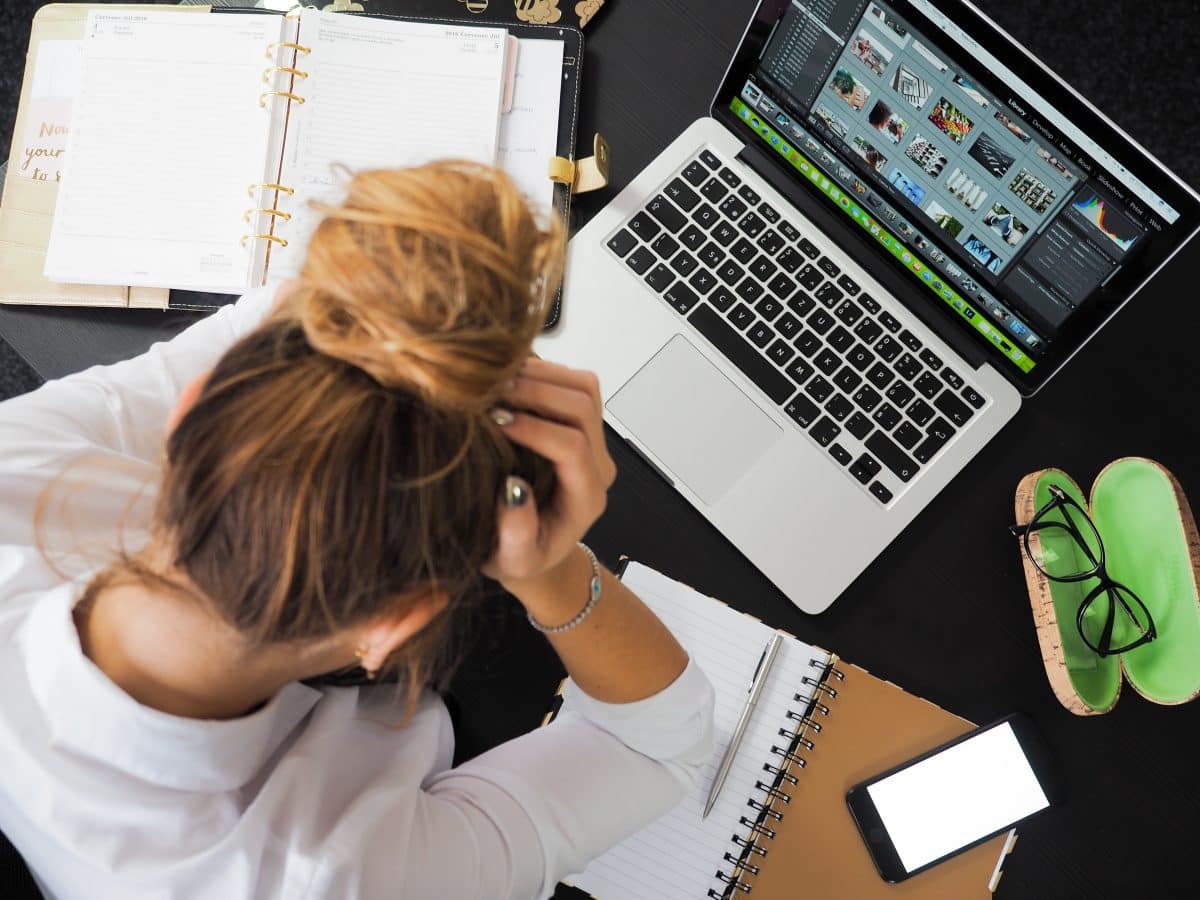
Anxiety disorders
Anxiety is your mind and body’s reaction to uncomfortable, stressful and dangerous situations. It’s the perfectly natural feeling of uneasiness, fear, dread or distress over activities and events that worry or upset you. However, when anxiety starts to affect your daily activities and quality of life, you may be suffering from an anxiety disorder.
An anxiety disorder is a real and serious medical condition, regardless of whether the feelings come from a real or imaginary threat. Anxiety disorders are the most common and pervasive mental disorders in the world and range from generalised anxiety disorders (GAD), depression and panic attacks to severe agoraphobia, OCD, PTSD, social anxiety disorders, selective mutism and phobias.
There isn’t one known cause of an anxiety disorder, just like there is such a vast range of disorders. It all comes down to life experiences, underlying physical and mental health issues and inherited traits.
Medical issues that cause anxiety
- heart disease
- diabetes
- thyroid problems, including hyperthyroidism
- respiratory disorders, including chronic obstructive pulmonary disease and asthma
- drug and alcohol abuse and withdrawal
- chronic pain
- life-threatening illnesses, including cancer, HIV and Covid-19
- side-effects from medicine
Psychological causes of anxiety disorders
- trauma and post-traumatic stress disorder
- sexual molestation, abuse or rape
- recovering from a life-threatening illness
- executive burnout
- personality disorders
- mental health disorders
- obesity
- drug and alcohol addiction
- inherited conditions, including relatives with an anxiety disorder
Different types of anxiety disorders
You’ll be surprised to see just how many types of anxiety disorders exist. And you can have more than one anxiety disorder which in severe cases, requires medical treatment.
Agoraphobia
When you fear or avoid places or situations that might cause you to panic and make you feel trapped, helpless or embarrassed.
Medical-induced anxiety disorder
Symptoms of intense anxiety or panic directly caused by a physical health issue such as a terminal illness, diabetes, hypertension, obesity or chronic pain syndrome.
Generalised anxiety disorder (GAD)
Persistent and excessive anxiety and worry over certain activities or situations, even ordinary and routine ones. Worry and anxiety is out of proportion to the actual activity or event and is difficult to control or manage. GAD starts to affect all aspects of your live, including your work, family life and well-being.
Panic disorder
Regular episodes of sudden feelings of intense anxiety, fear or terror. These episodes peak within minutes and are commonly known as panic attacks. After a panic attack, you are left feeling helpless, short of breath, have chest pains or heart palpitations and a lingering sense of doom. Panic attacks can bring on more panic attacks because you worry all the time about having one. You also avoid any situation that might trigger a panic attack.
Selective mutism
A consistent failure of children to speak in certain situations like school or the playground, even though they can speak freely at home or with close family members. Selective mutism can interfere with a child’s ability to attend and enjoy school as well as make friends.
Separation anxiety disorder
An irrational anxiety related to being separated from parents or close relatives that’s excessive for the child‘s development level.
Social anxiety disorder (social phobia)
When a person experiences high levels of fear and avoids social situations because they feel self-conscious, threatened or embarrassed in social situations. This anxiety disorder stems from feeling like you are being judged harshly and viewed negatively by others.
Specific phobias
Major anxiety, panic and irrational fear when exposed to a specific object or situation. The person will go out of their way to avoid what make them anxious and may experience a panic attack just at the thought of being exposed to the object or event.
Substance-induced anxiety disorder
Intense anxiety or panic that is a direct result of misusing drugs, taking certain medication, being exposed to a toxic substance or from drug withdrawals.
Unspecified anxiety disorders
This is a term used for anxiety or phobias that don’t meet the exact criteria for any recognised anxiety disorder but are significant enough to disrupt or negatively affect a person’s quality of life and wellbeing.
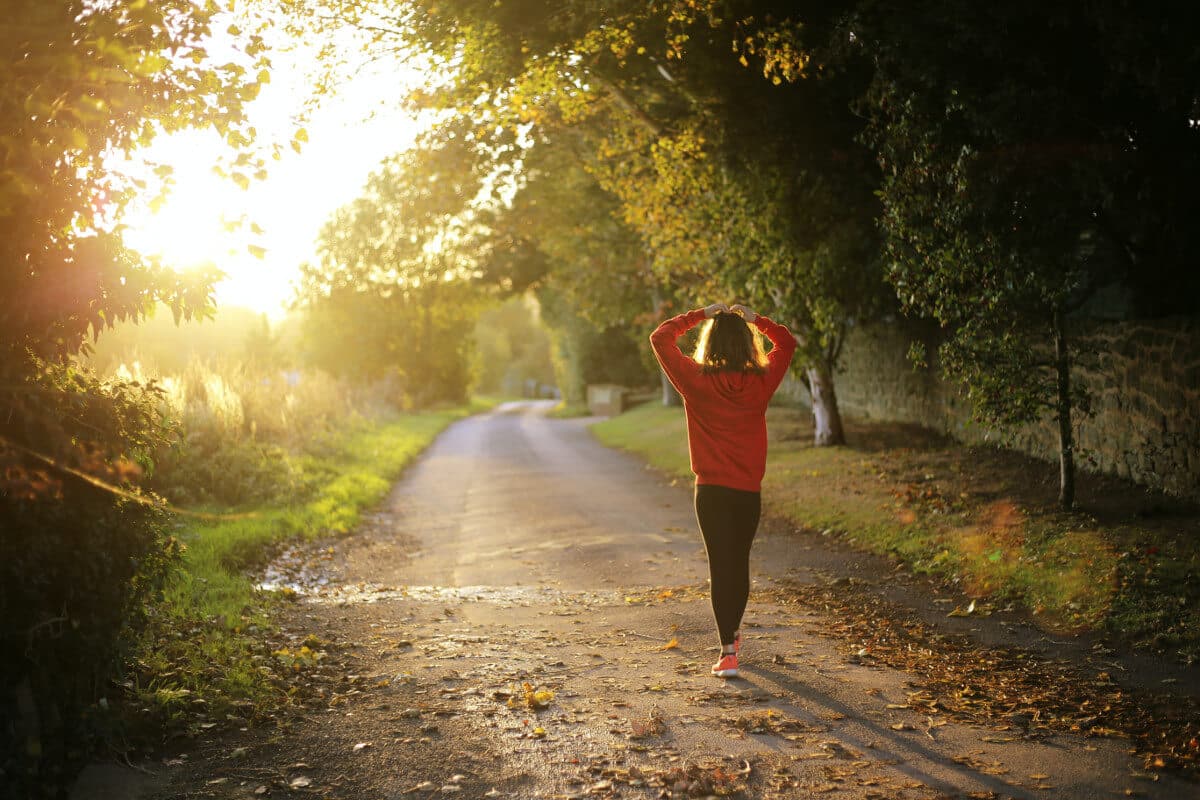
When to seek help for anxiety
It’s important that you seek professional help if you believe you may be suffering from an anxiety disorder. Speak to your doctor, a qualified psychologist or trained counselor at a rehabilitation center or anxiety clinic for support and assistance.
Rather than trying to self-manage your anxiety, seek help from anxiety professionals who can determine whether you have one or more anxiety disorders. Professionals at certified anxiety clinics will share anxiety management strategies and monitor your symptoms and any medication you’re prescribed for anti-anxiety.
Seek help if:
- your anxiety is affecting your quality of life and well-being
- you recognise that you worry or feel fearful far more than the situation warrants
- your relationship with family and friends is negatively affected by your anxiety
- you feel depressed or burnt out
- you have issues with sleeping or eating
- you are using alcohol or drugs to cope with anxiety
- your anxiety is making you sick or triggering health problems like hair loss, poor memory or lack of concentration
- you have suicidal thoughts or behave recklessly where you put yourself in life-threatening situations




